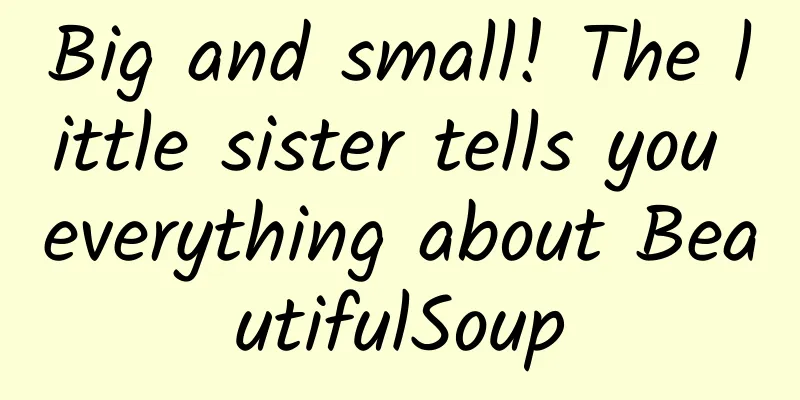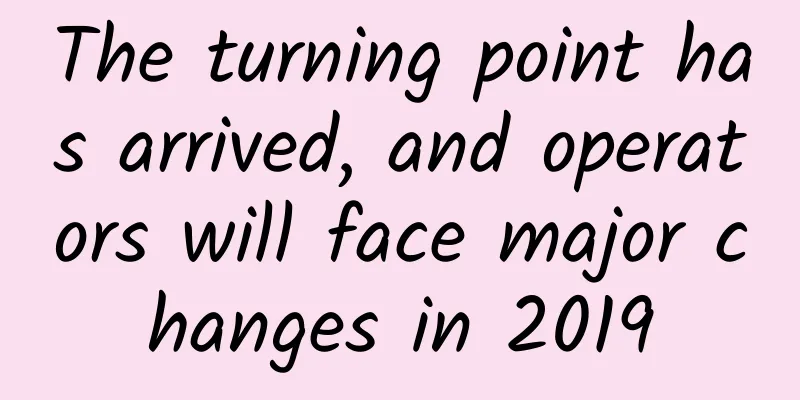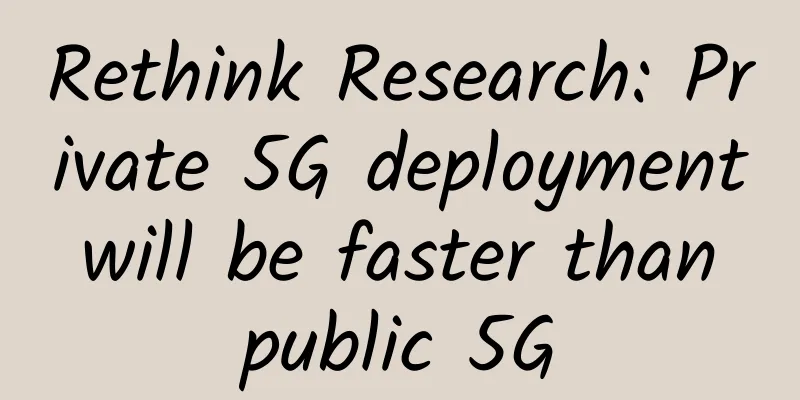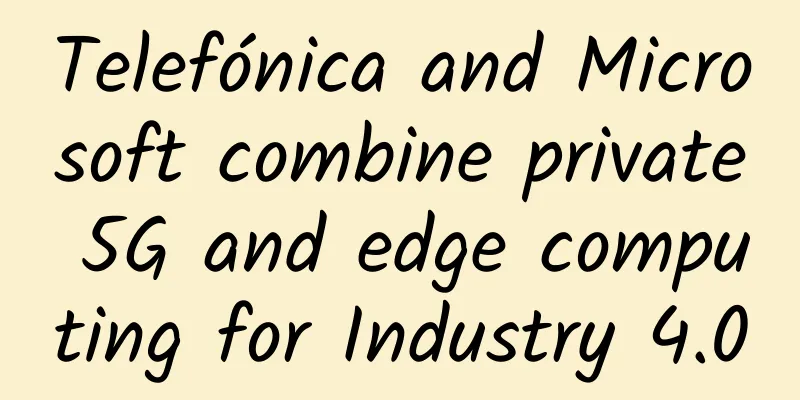United Nations: Food crisis is approaching China: Smart agriculture can protect against the crisis
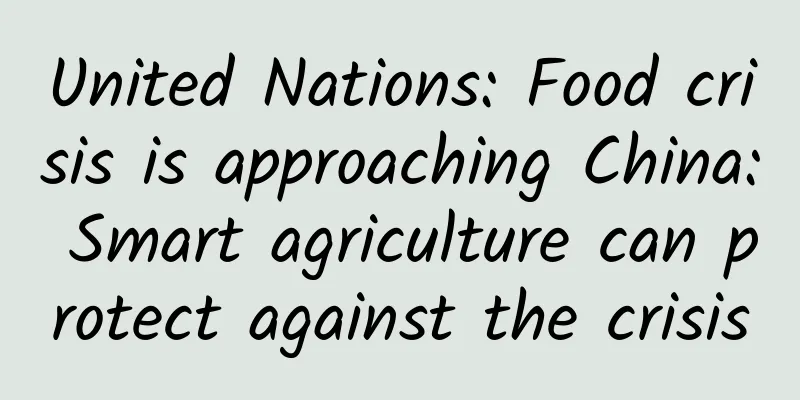
|
Entering 2020, the term "food crisis" seems to have long been far away from us, but on March 30, the United Nations mentioned it again. The Food and Agriculture Organization of the United Nations said that due to the impact of the epidemic, the global food system is currently suffering from shocks, and food security in some countries and regions is increasingly insecure. If swift and effective action is not taken, a food crisis may break out in April and May.
It is reported that the impact of the epidemic on agriculture is mainly reflected in three aspects: first, the labor force engaged in agricultural production is restricted; second, it becomes difficult to obtain relevant means of production; third, the operation and sales of agricultural products are hindered. At this stage, although my country has Yuan Longping's hybrid rice technology as support, it is not easy to withstand the impact of these three aspects. Based on this, the situation is not optimistic. Fortunately, compared with other countries, during the epidemic, the Chinese government has been focusing on the development of agriculture, rural areas and farmers and deploying spring farming tasks, which has provided a major benefit for my country's agriculture to get out of the predicament. For example, in February, the State Council held a meeting to emphasize the need to seize the farming season and effectively grasp the spring agricultural production; at the same time, in March, the Ministry of Agriculture and Rural Affairs also issued policies on subsidies for scrapping agricultural machinery. In relevant policies, smart agriculture has generally become the focus of development. Smart agriculture meets transformation needs and has significant value So why does our country attach so much importance to "smart agriculture" when the crisis comes? Before answering this question, we first need to know what "smart agriculture" is. To sum it up in one sentence, "smart agriculture" is actually "the comprehensive application of various modern information technologies and intelligent technologies to realize the informatization, unmanned and intelligentization of agricultural planting, production, management, sales, services and other links." Simply put, the development of "smart agriculture" is to make agricultural production more efficient and convenient. Although my country is an important agricultural country in the world, it is not an agricultural power. In daily agricultural production, my country often faces problems such as small labor force, high labor costs, uneven technical levels of farmers, and low operation quality. Although my country has been improving the level of agricultural mechanization, the environment for agricultural machinery operations is relatively poor, and the dependence on labor is still high. Therefore, agricultural development has always been in the primary stage of low quality and low efficiency. Introducing the concept of "smart agriculture" and accelerating the intelligence of agricultural production, professional management and intelligent services can effectively eliminate the drawbacks of traditional agriculture and promote effective upgrading of agricultural development. For example, in the field of smart agricultural production, relying on various agricultural information platforms, farmers can timely understand the dynamic information of the agricultural environment such as air humidity and soil temperature, so as to carry out timely irrigation, sowing and management; and the application of intelligent equipment such as robots and drones can also replace manual participation in specific tasks in various aspects of agricultural production and management, making agricultural production more convenient and easy. At the same time, smart agricultural management mainly involves agricultural disaster monitoring, rural e-commerce and other aspects. The comprehensive use of big data, artificial intelligence, drones, the Internet of Things and other technologies can not only provide farmers with accurate weather forecasts and disaster assessments, help people prevent and reduce disasters and increase agricultural production; at the same time, it can also promote the development of rural e-commerce and provide farmers with more convenient and effective sales operations. In addition, smart agricultural services are a good and caring assistant for farmers. Based on agricultural information services, farmers can use their mobile phones and computers to obtain relevant agricultural information, logistics information, market trends and sales conditions in an intuitive and concise way. They can learn knowledge, master the market and enjoy services without leaving home, which greatly improves farmers' production and living standards and opens up a new smart life. In summary, the changes brought about by "smart agriculture" involve many aspects such as agricultural production, management, operation and services, and have also brought significant changes to farmers. "Smart agriculture" brings about the upgrade of the entire agricultural model and system, which makes my country's agricultural development more in line with the trend of the times and better meet actual needs. New technologies inject vitality into development and the prospects are promising However, in the current development of "smart agriculture" in my country, there are also many problems. This website has previously published an article summarizing the problems, including the lack of agricultural scale, lack of digital foundation, lack of core technology, lack of financial support, and lack of professional talents. These deficiencies have slowed down the progress of "smart agriculture" in my country, and it is still far from the end of maturity. Under this circumstance, on the one hand, policy support has given my country's confidence and courage in the development of "smart agriculture"; on the other hand, the continuous emergence of various new technologies has also brought good news to the acceleration of "smart agriculture". In particular, technologies such as 5G and blockchain have shown an extremely obvious driving effect. Since the commercial use of 5G in 2019, this year has ushered in a period of great development for the large-scale commercialization and popularization of 5G. The continuous maturity and popularization of 5G technology has given agricultural robots, plant protection drones, agricultural Internet of Things, etc. a better opportunity to play their value. With the characteristics of low latency and high speed, 5G allows these smart devices to operate more efficiently and accurately, while also reducing costs. This has greatly promoted the rapid development of "smart agriculture". The application of blockchain technology further ensures the healthy, orderly and safe development of "smart agriculture". As a data-oriented decentralized encryption and storage technology, blockchain is integrated into major agricultural information or e-commerce platforms, which can more effectively maintain farmers' information security, promote the healthy operation and sales of agricultural operations, and ensure the quality and traceability of agricultural products, which is a huge improvement in the provision of smart agricultural services. At a press conference held on March 28, my country's Ministry of Commerce stated that the number of rural online merchants in China has exceeded 13 million, which is undoubtedly good news for the implementation of 5G and blockchain technology in the agricultural field! Because the prosperity and development of agricultural e-commerce is inseparable from the construction of rural circulation networks and the supervision of e-commerce platforms, 5G and blockchain can be used in these two aspects. This means that the application space for the combination of the two and agriculture will become larger and larger in the future. At the same time, the country is also actively issuing relevant policies to promote the implementation of new technologies such as 5G and blockchain in the agricultural field. The dual measures of new policies and new technologies will undoubtedly further accelerate the implementation of technologies and industry upgrades. In this context, we look forward to smart agriculture achieving better results and more fruitful results with the support of new technologies such as 5G and blockchain. |
<<: Synopsys: Reducing 5G attack surface and making good use of technology "double-edged sword"
Recommend
SmartHost: VPS 30% off from $2/month, 29 computer rooms, optional AMD Ryzen+NVMe, optional large hard disk
A few days ago, we shared the information about S...
The TCP three-way handshake is well-known, but what about unexpected situations? What about packet loss? What about intentional non-reply of ACK?
[[312203]] 1. Preface When we talk about the TCP ...
Growth and development opportunities brought by 5G to IoT companies
Since the first major announcement just two years...
Is IT operation the next outlet for IT operation and maintenance?
With the development and popularization of popula...
Let's talk about UPNP and DLNA protocols
Preface There is no love, only technology. Let me...
As the wave of 5G security approaches, how can we play the 5G security card well?
From 2G to 4G, mobile networks have become an ind...
Chairman of the five major operators talks about 5G: "Team competition" and "Individual competition" on the road to 5G
September 1 news, at the main forum of the "...
Two questions to easily understand Riverbed's 2018 and 2019
[51CTO.com original article] Recently, Riverbed h...
Smart city becomes the new name card of Lanzhou New District: new momentum for the new district breeds new development
[51CTO.com original article] Not long ago, the 20...
Let’s talk about what CDN is. Do you know these characteristics?
Preface When we browse the web, watch videos, and...
Can't catch the three-way handshake process? Then come and catch a packet with me!
Some time ago, I was busy with a robot communicat...
Everything is connected and edge computing is intelligent
On November 30, the 2017 Edge Computing Industry ...
Huawei Cloud EI focuses on three basic research innovations to help industries upgrade to intelligence
On July 27, Huawei Cloud held the TechWave AI Day...
Time is running out for NTP: Network Time Protocol may be gone forever
[51CTO.com Quick Translation] Everyone is enjoyin...
Artificial intelligence builds an iron wall of network security
Every moment, thousands of scientists around the ...

